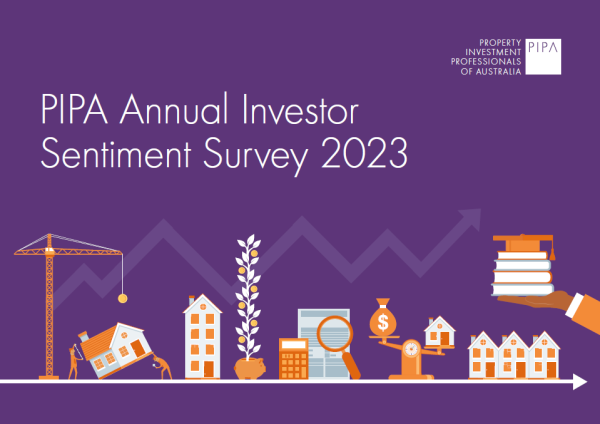Renters are now moving further afield to find homes
May 2021Karen Millers
Categories
Location ReportsMedia releasesNational market updatesPersonal advisersPIPA AdviserPIPA Annual Investor Sentiment SurveysPIPA Member ProfilesPIPA video updatesPIPA webinarsPodcastsProperty advisersProperty newsLatest Articles
Rent rises ease but crisis’ link to population density found to be tenuous
Jordan van den Berg: The ‘Robin Hood’ TikToker taking on Australian landlords
Victorian property investors face yet another new property tax as council tests levy
Rentvesting in Australia: A deep dive
‘More chance of winning lotto’ than housing targets being met
Lending restrictions that came into force four years ago are partly to blame for the critical undersupply of rental properties in many locations around the nation, according to the Property Investment Professionals of Australia (PIPA).
Some smaller capital cities are struggling with undersupplies of available rental properties, with vacancy rates often at record lows – but the pandemic is not totally to blame.
PIPA Chairman Peter Koulizos said the restrictions on investment lending that began in March 2017 saw a drastic reduction in investor activity, which slashed the usual supply of rental stock being added to the market.
Property investor activity reached a 20-year low in May last year, according to the Australian Bureau of Statistics.
“Investor activity dropped about 50 per cent from March 2017 to May 2020 because of the lending restrictions that were applied carte blanche to investors around the nation four years ago,” he said.
“Back then, the restrictions came into effect because of the strong property price growth in Sydney, but investors everywhere were also blocked from securing finance even in markets with benign market conditions at the time, such as Perth, Adelaide and Brisbane.”
The vacancy rate industry standard for a balanced rental market is three per cent with any percentage below that figure considered to reflect a market with more demand than supply, according to PIPA.
Mr Koulizos said several capital cities and regional locations have vacancy rates of less than one per cent.
“Vacancy rates in inner-city Sydney and Melbourne have spiked over the past year due to the loss of international students and overseas migrants, but even many suburbs in these cities are also experiencing an undersupply of rental properties,” he said.
According to SQM Research, the national asking rent for houses has increased 15.9 per cent over the past year and the asking rent for units has risen by 7.6 per cent over the same period.
Mr Koulizos said the pandemic had added more pressure to the already dwindling rental supply in regional areas in particular due to the increased migration of people into lifestyle areas.
“Demand for rental properties in many regional locations – such as the Sunshine Coast in Queensland, the Central Coast of New South Wales, and the South West of Western Australia – is far outweighing supply with rental prices skyrocketing over the past year,” he said.
“This critical situation is forcing some renters to move further afield because they can no longer afford to live in a region that they have sometimes called home for decades.”
Mr Koulizos said it was imperative that policy-makers don’t make the same mistake again with investor activity still well below what is needed to improve the supply of rental properties around the nation.
“Unfortunately, the critical undersupply of rental properties is not a situation that will change overnight – just like it wasn’t a situation that happened over a short time either,” he said.
“It is the industry’s belief that market cycles need to be allowed to run their course without any type of outside intervention because they will always move through their peaks and troughs of their own accord.
“Instigating policies to solve a supposed short-term problem can have long-term ramifications, which is the drastic situation that tens of thousands of tenants are now experiencing.”
# Demand for rental properties in many regional locations is far outweighing supply with rental prices skyrocketing over the past year Peter Koulizos
Ballarat Courier, Ballarat, Page 6, 22 May 2021




